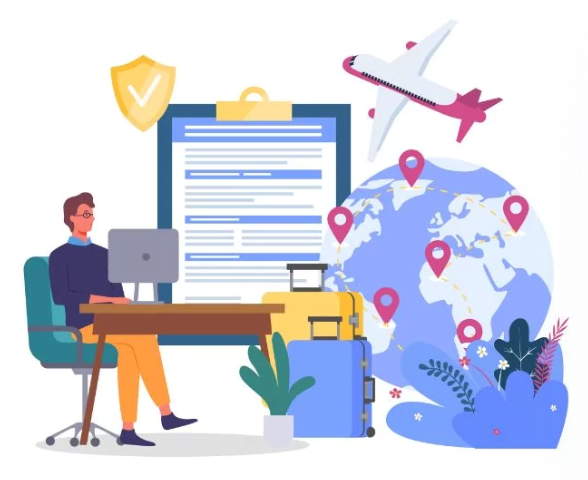KA1: Course collection
The GSD project has used the resources already available in the European market for KA1 courses, called “PROVIDE”, to incorporate the GSD approach into a range of different courses.
These courses provide in-depth insights and expertise that enable professionals to deepen their understanding of the principles of sustainable development.
The PROVIDE platform provides access to European courses for adult education professionals offered by qualified organisations in different locations across Europe.
The following is a brief collection of some of the courses developed in cooperation with the GSD project:

The SDG Explorer – Raising awareness of potential sustainability projects
The course offers a better understanding of the implementation of the Sustainable Development Goals (SDGs) from a broader perspective. Over the course of three days, you will get a closer look at different perspectives that may affect your own motivation as well as your professional environment. It is up to you to decide how far you want to delve. The specially developed SDG Explorer (as a mobile application), designed to bridge the gap between knowledge transfer and structural support, gives you the opportunity to develop your own sustainable project, share it with others and use it according to your environment (professional and/or personal).

Introduction to Travel Security
This course is an introductory module on travel security, aimed at the staff of companies and organisations on business trips in medium and high-risk countries. The module provides an efficient solution to respond to employers’ duty of care as well as to the legislations 81/2008 and 231/2001, which already provide for the employers’ criminal and administrative responsibility for the protection and safeguarding of their personnel on business trips abroad, and to the more recent ISO 31030 on Travel Risk Management (TRM). Training units list: 1. Security, risk awareness and emergency planning 2. Travel planning, residential and business trip security 3. Attacks from “Active Aggressor” 4. Risks related to gatherings, protests, and disorders 5. Negotiations in case of checkpoints (legal or illegal), conflict management included 6. Hostage-taking and post-capture management

Disc Golf as a Sport for All
Disc golf is inherently one of the most accessible sports in the world. It can be played immediately by anyone who can throw a frisbee and take a walk, and courses can even be made accessible to wheelchair users, people with visual impairments and a wide variety of other groups.
Since the majority of courses are located in public parks, disc golf does not cost anything to play. As long as someone can make it to a course and either buy or borrow a frisbee, he or she can play disc golf.
This course will explore various ways in which disc golf coaches and other interested parties can utilize this extreme accessibility to create inclusive sports opportunities that actively encourage underrepresented groups to come out and participate.

Introduction to Social Entrepreneurship
This course introduces students to organizational social entrepreneurship, a process by which opportunities to create public goods are identified and created. Being an “essentially contested concept” (Choi and Majumdar, 2014) social entrepreneurship is best understood as a cluster concept covering different applications ranging from the launching of social enterprise start-ups to the transformation of industry sectors towards sustainability. In the course we will analyze the antecedents of social entrepreneurship. An essential part of the course will be an introduction to core concepts of social entrepreneurship such as the theory of change, social impact measurement tools, and hybrid organizational form selection. To suplement academic learning with handson project experience students will work in teams on a specific social entrepreneurship problem.
